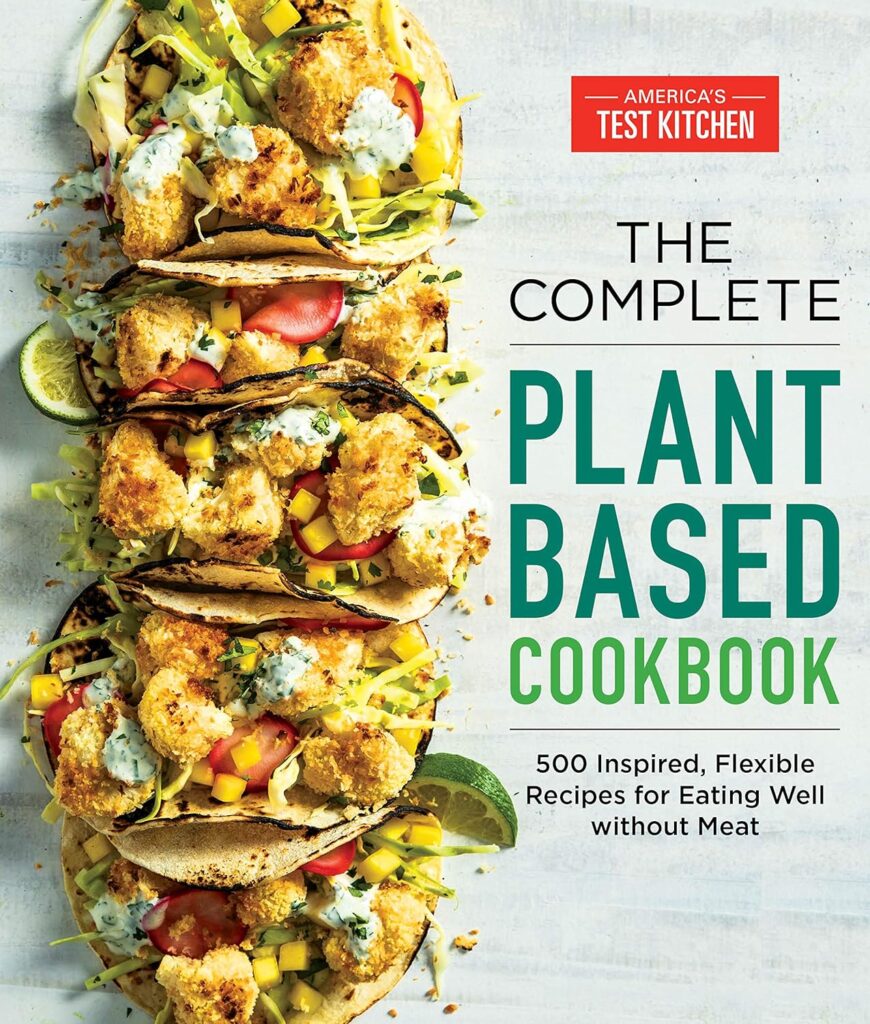Simple thrifty living tips and tricks are worth way more than a hill of beans.
Vegan diets have an unfortunate association of exclusivity and affluence.
But it is possible to have a Plant Based Diet on a Budget
New research has proven what many people have already figured out, that you could save money by avoiding meat.
A diet void of meat leads up to savings of $23.0 a week, which translates into over $1200 a year, not counting health care savings from moving away from consuming animals, which is even higher for vegetarians.
Food can be expensive, so I wrote this for those who want to really stretch that dollar.
Gleaned from an array of vegan friends who know that plant based diet doesn’t need to cost money.
Most of these savings can be applied to those who are willing to cook a little, but you don’t have of be tied to the kitchen if that’s not your thing.
With an eye to using staples, resourcefulness, not wasting and a little planning, you can really cut down on your expenses.
Some of these tips are for people who want to take it to the next step and some are just everyday practices for stapling your food dollars, no matter how much time you have to invest and are fully vegan.
Table of Contents Plant Based Diet on a Budget
Old-school vegan shares her money-saving hacks
Ellen Jaffe Jones’ book Vegan on the Cheap is an excellent resource for those who want to start eating more vegan meals. Robin Robertson’s book Mastering the Art of Plant-Based Cooking is also recommended.
Both of these books offer recipes and tips for people who want to eat healthier without sacrificing taste or cost.
Both Ellen Jaffe Jones’ book Vegan on the Cheap and Robin Robertson’s book Mastering the Art of Plant-Based Cooking provide valuable resources and money-saving tips for individuals interested in incorporating more vegan meals into their diet.
By utilizing staple ingredients, being resourceful, minimizing waste, and planning ahead, one can significantly reduce their expenses while enjoying delicious and nutritious vegan food.
Whether you have limited time or are fully committed to a vegan lifestyle, these books offer practical advice for cutting down on food costs without compromising on taste or quality.
Grow (some) of your own
Growing your own vegetables saves money.
You can grow different types of vegetables together to make them easier to harvest.
When you have extra vegetables, you can share them with others.Don’t have a yard?
We’ve got you. You could try container gardening on a balcony or even on a fire escape.
But be careful about safety. Growing your own produce year-round has been a game-changer for many.
Canning, pickling, and preserving.
Canning, pickling, and preserving isn’t for everybody. It is highly addictive for those who have been bitten by this bug.
Canning and picking fruits means that you can control the flavor and ingredients. You can make a lot for less than at a grocery store.
Plus, you get the joy of enjoying the summer’s bounty even during the coldest months. Some of us remember our grandmothers’ homemade jams and jellies. Small batch preserving is a great hobby.
Buy in season.
Buying seasonal foods is cheaper and better for the environment. You should try eating local fruits and vegetables as much as possible. When you do buy produce, look for organic options when available.
When I buy fruits and vegetables, I plan my meals around what’s in season because it saves money and time.
Shop sales.
Shopping sales is another way to save money. If you’re lucky enough to live near a farmers market, then you’ll find yourself saving lots of cash.
If you don’t live close to a farmers market, check out online sales like Amazon Prime Now. They deliver groceries right to your door within two hours.
Save money with coupons and deals.
Coupons and deal sites are a great way to save money. There are tons of websites dedicated to finding discounts and coupons for everything from grocery stores to restaurants.
I use SavingStar.com because they send me emails when there are new offers. The site is free and easy to use.
Use apps.
Apps are a great way to keep track of all your favorite deals and coupons. Apps like Groupon, LivingSocial, and FatWallet are all great ways to save money. Get creative!
Shop at ethnic markets.
Buy local produce and buy early in the morning. Farmers markets are usually cheaper than supermarkets. Also, if you go to a farmers’ market, be sure to check out the vendors who sell fresh baked goods. Many bakeries will give you a discount if you purchase their products.
Keep a weekly menu and stick to a shopping list.
Keeping a weekly menu helps you plan ahead. Planning what you want to cook and where you want to shop makes it easier to avoid impulse buys.
Also, keeping a grocery list helps you avoid getting stuck in the supermarket.
Make a meal plan.
Making a meal plan before going to the supermarket is a great way to avoid wasting time and money.
Fresh produce is more nutritious than frozen and canned options.
Frozen and canned produce are less costly than fresh produce. Wild blueberries are often not available everywhere during the summer months.
Frozen wild blueberries are healthier than conventional blueberries because they have double the antioxidant levels.
Get organized.
Getting organized is key to saving money. Organize your pantry, freezer, refrigerator, and cupboards so that you know exactly how long things last. This will help you decide when to stock up on food items.
Set aside some savings each month.
Saving money doesn’t mean living paycheck to paycheck. Set aside a little bit every month.
But sometimes spontaneity is better.
Don’t let that stop you from having fun. Just be smart about it.
Don’t forget to enjoy life.
Enjoying life is important too. Take care of your body. Exercise regularly. Eat healthy. Be happy.
A guide on how to stock a vegetable pantry.
Bulk foods are incredibly cheap and make great bases for meals.
Buying dried beans is much more economical than buying cans. Oats and quinoa are versatile ingredients that are perfect for many dishes.
Bulk foods are versatile and easy to cook with. You should cross-shop your local grocery store and online vendors to find the best prices.
Remember that buying in bulk is only less expensive if you actually use everything. Don’t buy an item in bulk the first time that you try using it; if it doesn’t turn out to be something you enjoy, then you’ll end up wasting money.
You can get cheap healthy foods by buying them in bulk. Store brand fruit and vegetable products are much more cost effective than fresh produce. Frozen fruits and vegetables are cheaper than fresh and have less nutrition loss.

